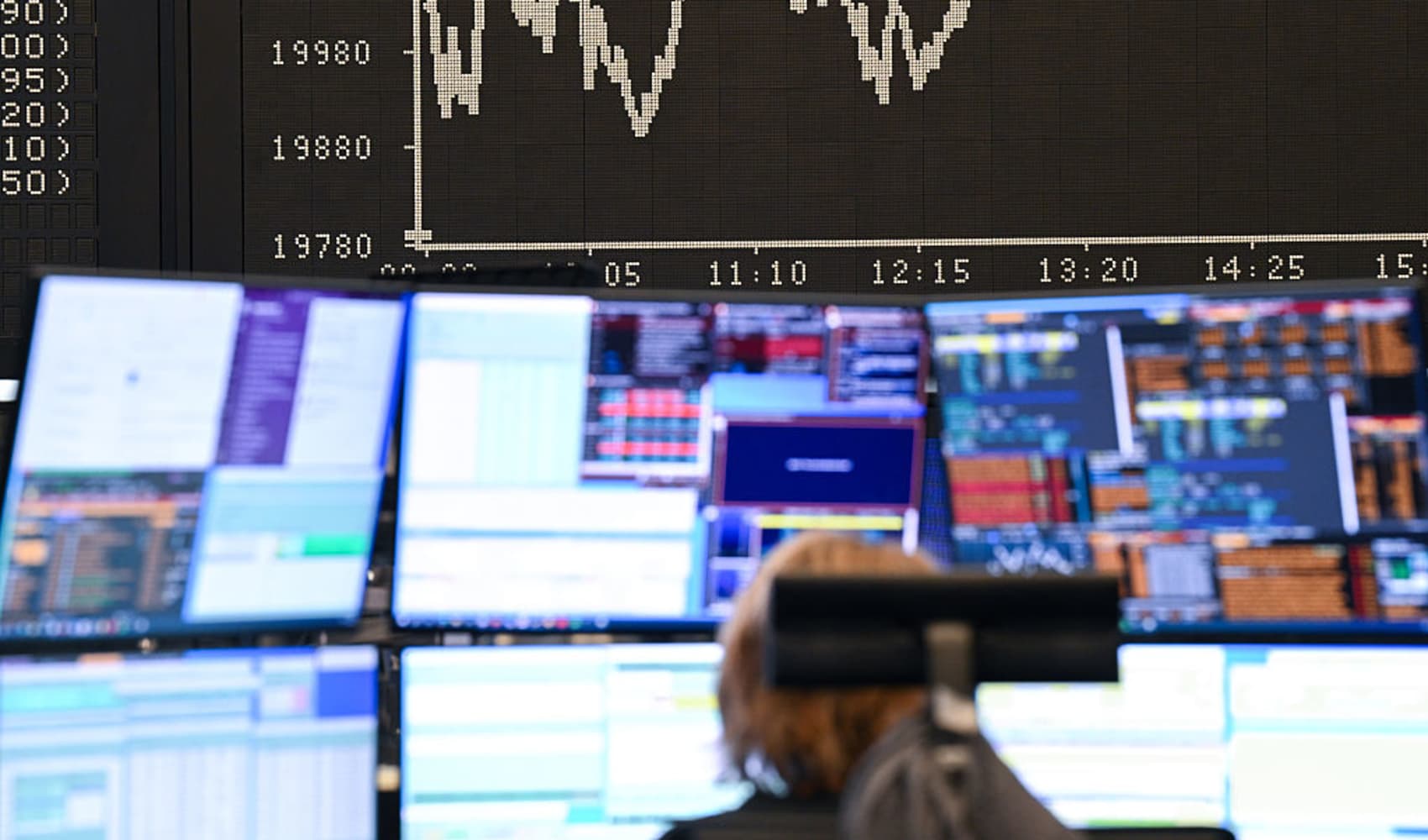
How the push for 24-hour trading could impact your portfolio
Wider adoption of around-the-clock trading may be on the horizon, but experts are mixed on the potential outcomes for investors.
Watch NBC6 free wherever you are
The 24X National Exchange is set to debut later this year, following in the footsteps of brokerages such as Interactive Brokers and Robinhood Markets in giving investors near-constant access to their holdings. The move comes as no surprise to GraniteShares' Will Rhind.
"A lot of investors have learned from the crypto world that now, if you've got access to an iPhone, you can be trading cryptocurrencies 24/7 anywhere in the world, and they want to do that with ETFs," the firm's founder and CEO told CNBC's "ETF Edge" on Monday.
Get local news you need to know to start your day with NBC 6's News Headlines newsletter.
Even larger exchanges such as the New York Stock Exchange are looking to get in on the trend. The NYSE announced in October that it plans to extend trading to 22 hours on weekdays.
"This is another step in the evolutionary process to legitimize that even further through the exchanges," Rhind added.
Others are more skeptical of the use case for extended trading, such as Ben Johnson, Morningstar's head of client solutions, asset management. He sees value in a shorter trading day.
Money Report
"Your portfolio is like a bar of soap," Johnson said in the same interview. "The more you handle it, the more you trade it, the less you wind up having it at the end of the day."
While proponents argue that nonstop trading may also give investors more opportunity to trade overseas equities, Johnson thinks international exchange-traded funds may already be filling that gap.
"The ETF as a wrapper, as a vehicle, by virtue of being listed and traded on the exchange, really opens up different markets, opens up different opportunities, not just to U.S. investors, but investors around the world," he said.






